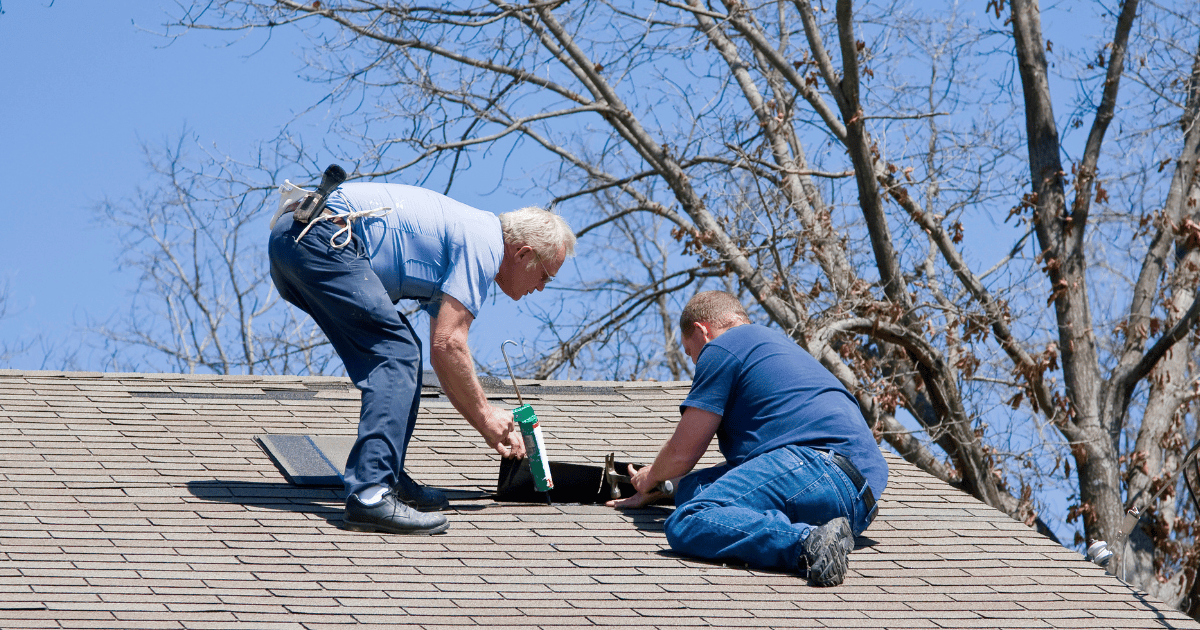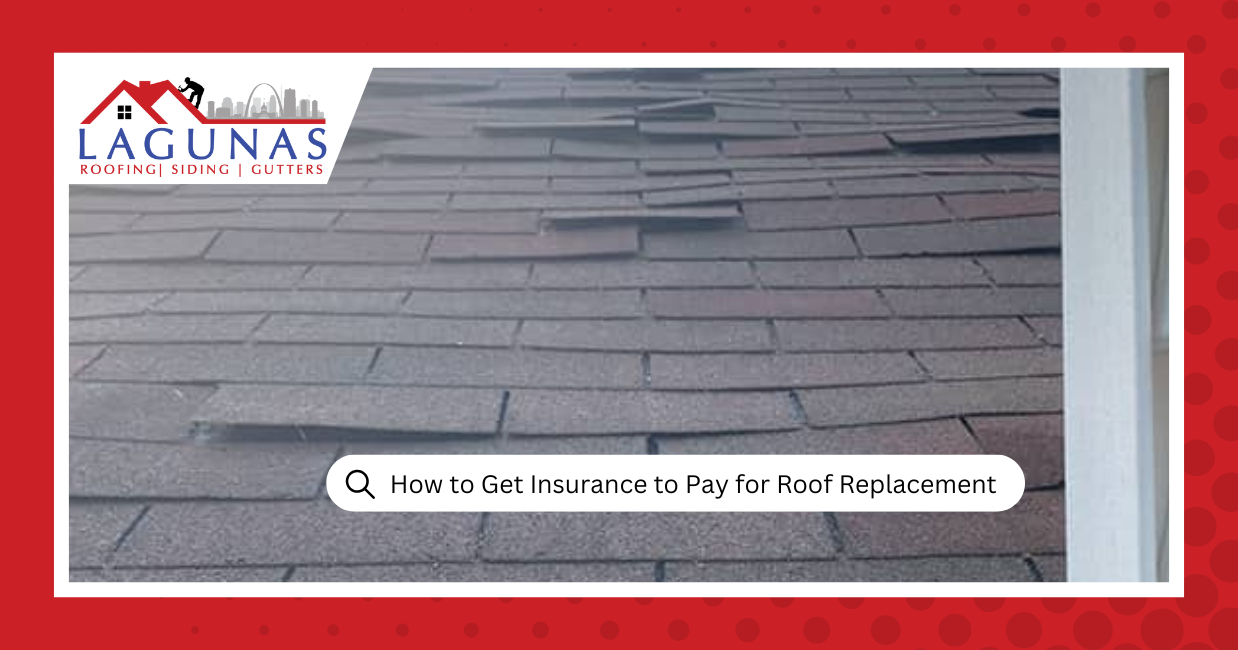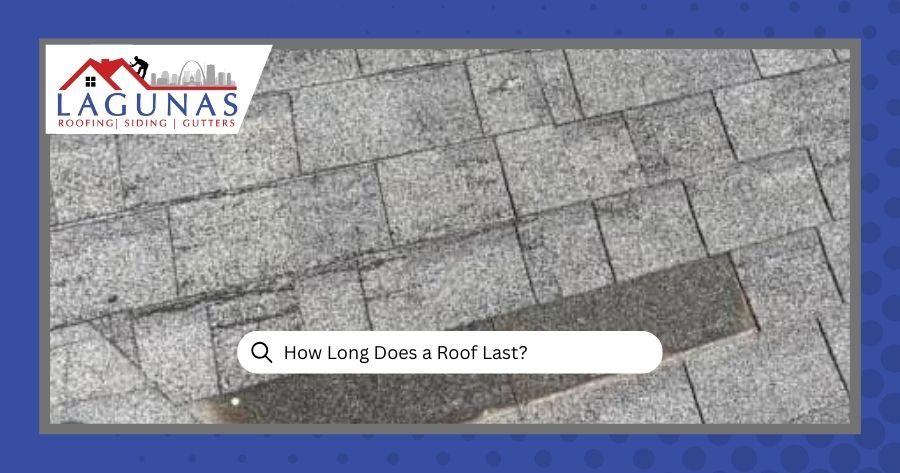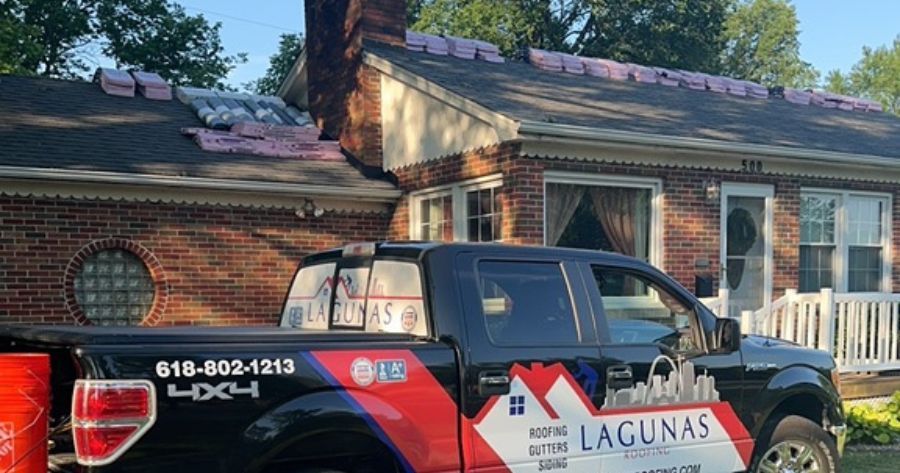
Make Sure Your Roofing Contractor Has These Licenses and Certifications Before Starting the Job
A roof makes a huge difference in the value, appearance, comfort, and energy efficiency of a home. Since it plays many roles, it’s important that homeowners only hire roofing contractors they trust to deliver quality results. However, this can be easier said than done.
There’s no shortage of
St. Louis roofing contractors claiming to offer the best services, but far too many customers become victims of poor workmanship or unethical practices when they choose a company based on price alone.
Instead, they should only choose professionals with the proper licenses and certifications. These roofing contractors come with peace of mind and many other benefits. Keep reading to learn more about the specific licenses and certifications customers should ask about.
Types of Licenses and Certifications to Look For
There is a lot of paperwork behind operating a professional roofing company. The specific requirements for these types of licenses and registrations can vary greatly from one place to another. This particular article will focus on the roofing contractors in Illinois.
State Licenses
According to the Illinois Roofing Industry Licensing Act, any contractors offering roofing construction services in the state of Illinois must obtain a license before engaging in any work. The licenses are issued by the Illinois Department of Financial and Professional Regulation (IDFPR) after testing has been completed. The state offers three different types of licenses:
- Limited Licenses for Residential Roofing Only
- Unlimited Licenses for Residential, Commercial, and Industrial Roofing
- Commercial/Industrial Licenses
Proof of Insurance
Roofing contractors should also carry at least two different kinds of insurance policies to protect both themselves and their customers. Customers should be able to request proof of insurance before hiring the roofing contractors.
Liability insurance provides coverage to the home in case damage occurs while they are working. Workers' compensation insurance is another necessary policy to protect workers against any injury that could happen while they are working on the property.
Certifications from Manufacturers
There is no law that says a roofing company must be certified by any manufacturer in order to work on a roof. However, many of the best roofing contractors will go above and beyond to obtain these certificates. The certification proves to customers that the contractors have undergone extensive training in the most effective methods for installing the manufacturer's specific roofing materials.
Examples of manufacturer certifications include:
- CertainTeed
- GAF
- Owens Corning
Reason to Choose a Licensed and Certified Roofing Contractor
While it might take more effort on the homeowner's part to verify all of the licenses and certifications, it’s highly recommended. There are several benefits to hiring a professional roofing contractor.
Industry Knowledge
When a contractor takes the test for a license in the state of Illinois, they must prove that they have industry knowledge. They know the safest and best practices for installing roofs and maintaining them through repairs and replacements. If the contractors have undergone manufacturer certification, homeowners can rest assured that they even know the proper methods for working with those specific materials as well.
No Illegal Payments
Unlicensed contractors are legally not allowed to complete roofing services in the state of Illinois, but that doesn’t always stop them. Shady contractors working without a license are more likely to follow unethical practices, such as upfront payments.
For example, licensed contractors can ask for a percentage of the invoice to be paid upfront, but asking for full payment is usually seen as unethical and may be illegal. These types of contractors are more likely to leave before completing the job, or they may provide poor workmanship.
Official Contracts
An unlicensed contractor usually will not provide customers with any type of official contract, but when working with a professional team of roofing contractors, customers can expect a detailed contract. It should include information on the timeline, scope of work, materials required, and more.
A trusted contractor will even include a “mechanic’s lien” clause which provides customers with added protection. It states that they are not responsible for the roofer’s unpaid bills to suppliers or subcontractors in the event that the contractors don’t honor their word.
Better Warranties
Finally, certified roofing contractors come with better warranty coverage—usually lasting 15-25 years. Not only do they offer their own workmanship guarantee, but they can also make sure that materials are installed properly for manufacturer warranty coverage.
Read About -
What is Included in Roof Roofing Services?
Learn More About Hiring Roofing Contractors with the Proper Licenses and Certifications
Want to learn more about what makes the difference between a professional and an unprofessional roofing contractor? Contact Lagunas Roofing. They can provide more information on their licenses, certification, and proof of insurance, so customers should call or fill out their online form today.



